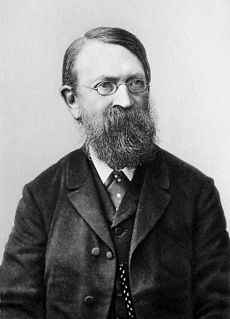Refractory alloys are promising for high-temperature applications because of their high strength at elevated temperatures, high thermal conductivity, and low thermal expansion coefficients. One hundred twenty-five refractory high entropy alloys (RHEAs) have been designed to exhibit a single BCC phase at elevated temperatures, target yield strength of higher than 200 MPa at 1300°C, density of less than 9 gr/cc, thermal conductivity larger than 9 W/mK, linear thermal expansion of less than 2% between ambient and 1300 ℃, and narrow solidification range for additive manufacturability. Designed compositions were synthesized with high-throughput vacuum arc melting and characterized via electron microscopy (SEM/EDX), XRD, Vickers microhardness, nanoindentation, compression, tension, thermal transport, and thermal expansion experiments. In as-cast state, all samples had BCC phase with dendrites. Homogenization heat treatments at 1800°C and 1925°C are performed based on diffusion calculations centered around the compositional difference and dendrite arm spacing to dissolve the dendritic microstructure. Experimental density, thermal conductivity, and linear thermal expansion measurements were in agreement with the predictions and satisfied the initial design criteria. Compression/tension experiments are then performed at 1300°C to evaluate the high-temperature mechanical properties. All tested compositions satisfied the target yield strength of 200 MPa at 1300°C with compression, where 9 designed alloys outperformed the commercial Mo-based refractory alloy TZM by strength. Based on these computational and experimental results, we conclude that the proposed design scheme identifies candidate alloys that are likely to be promising for high-temperature applications.

